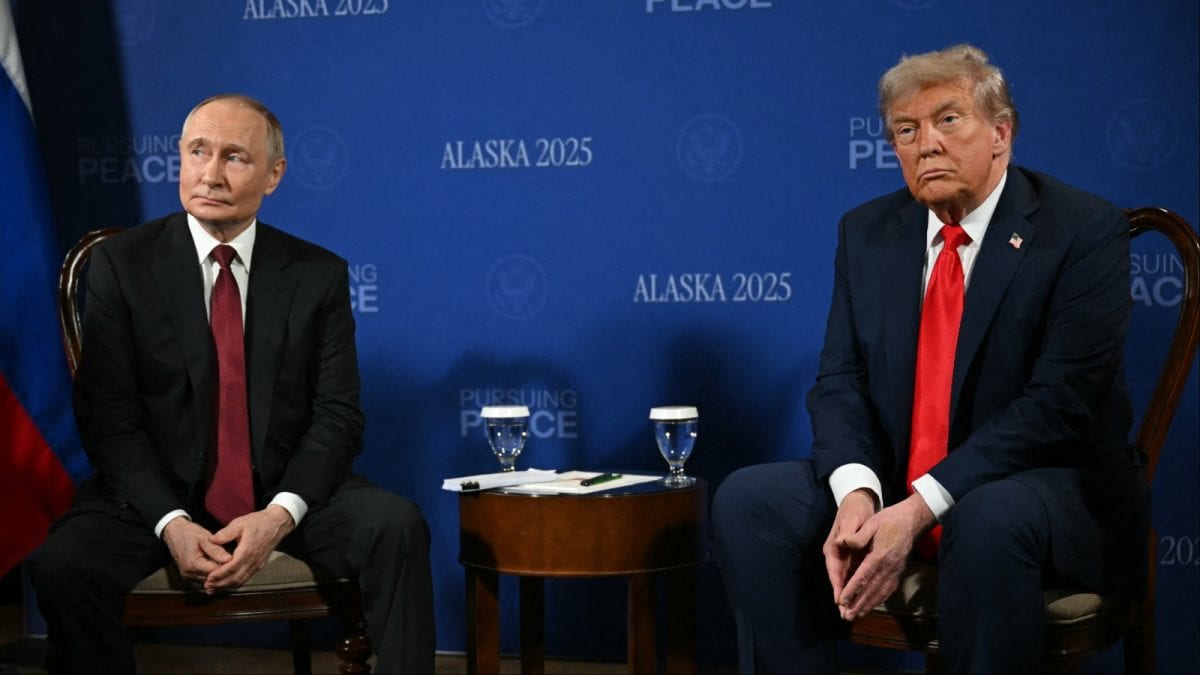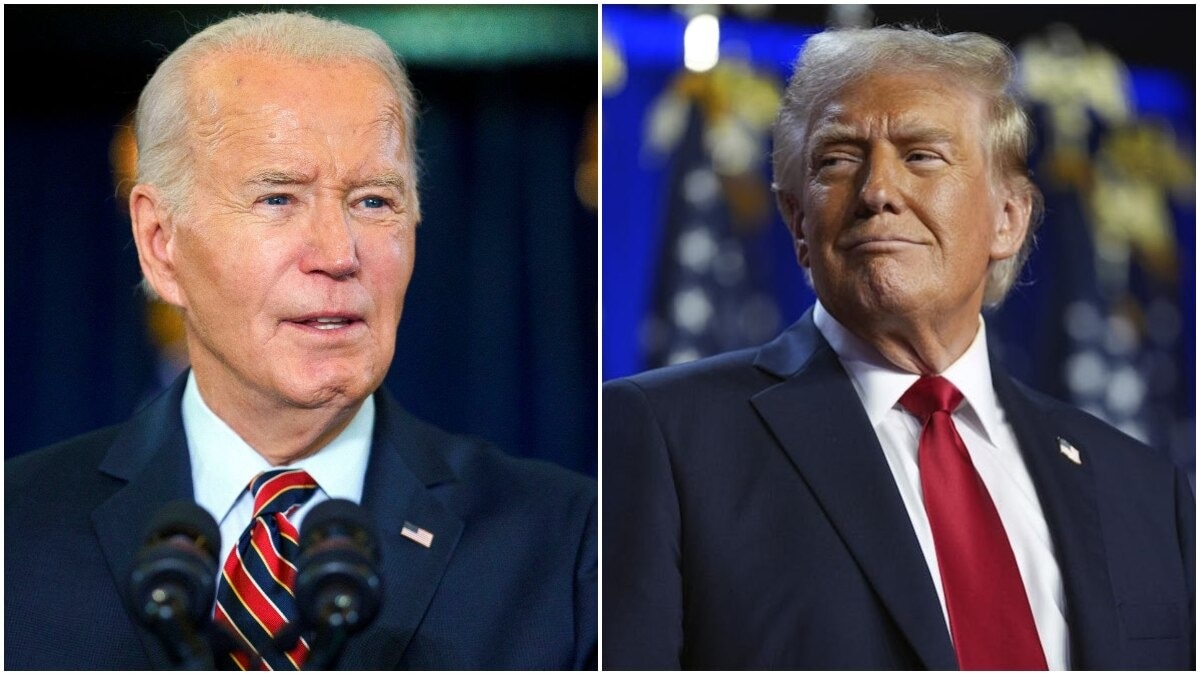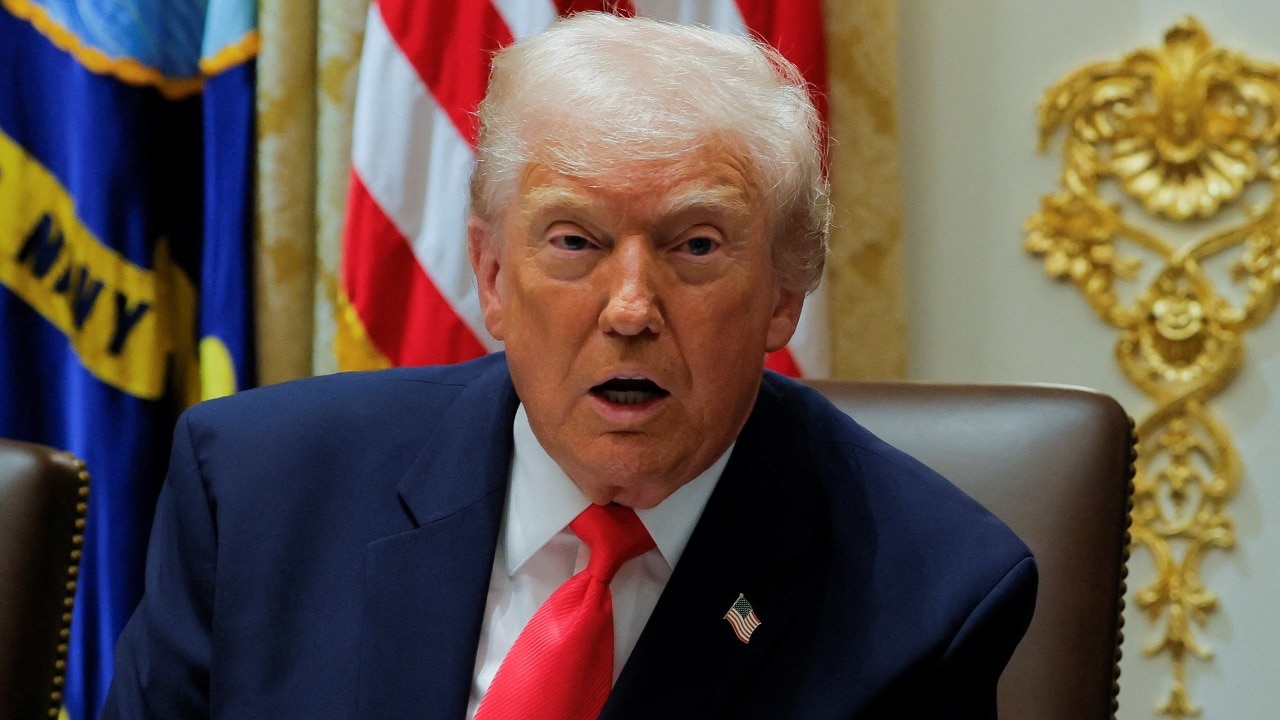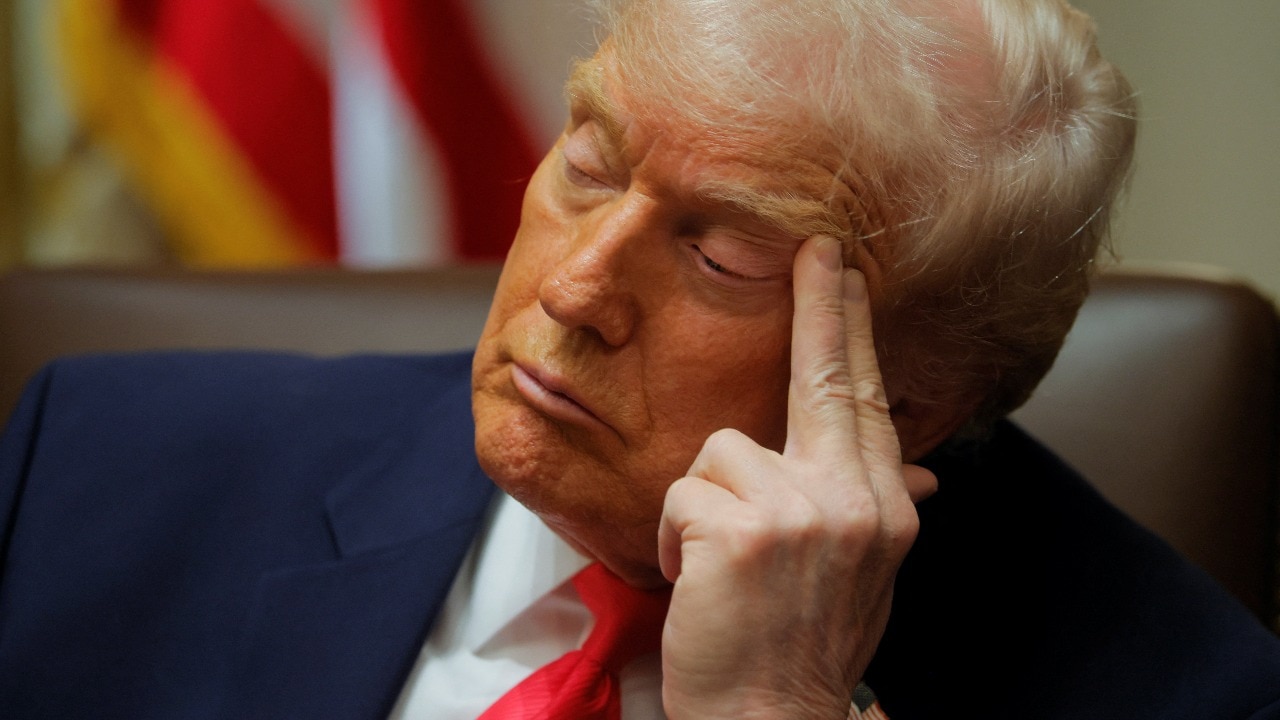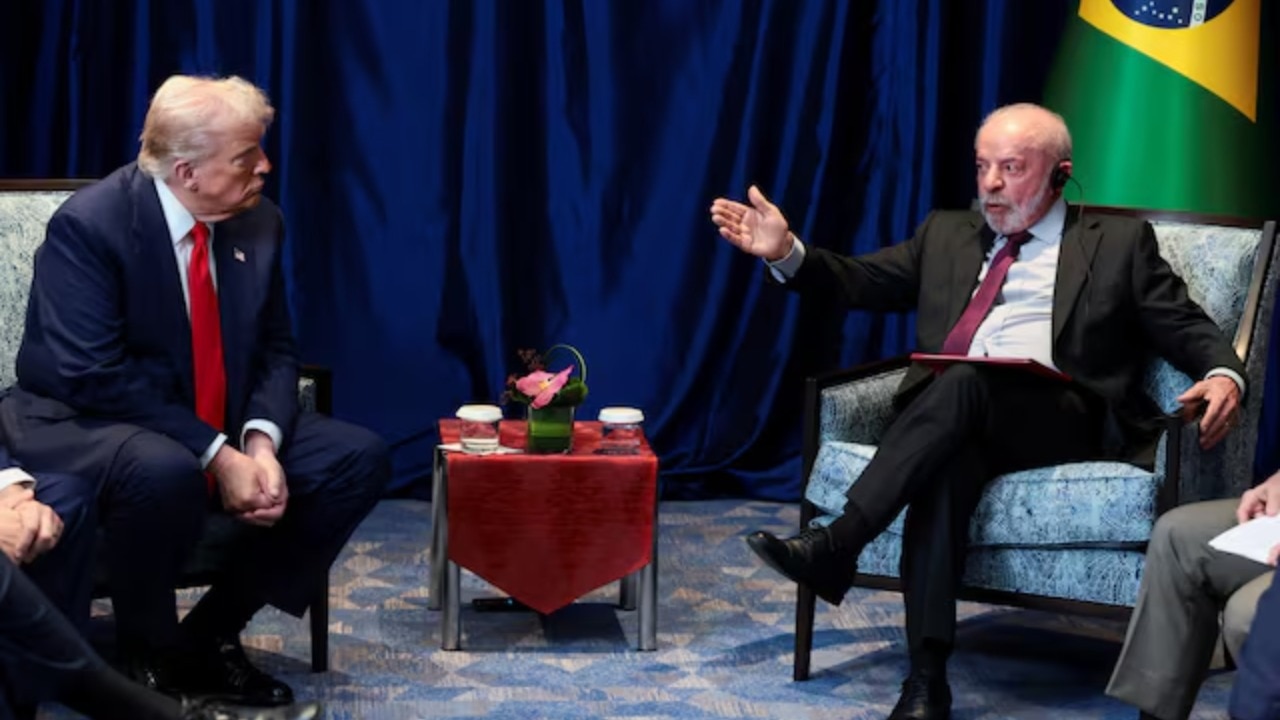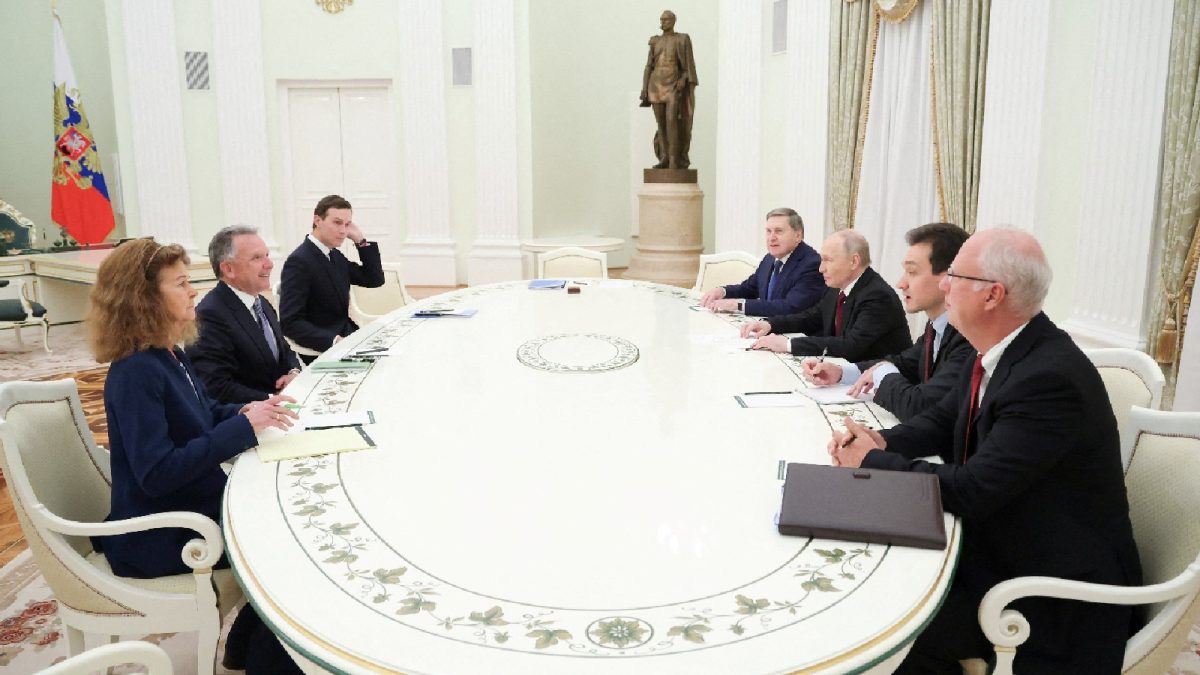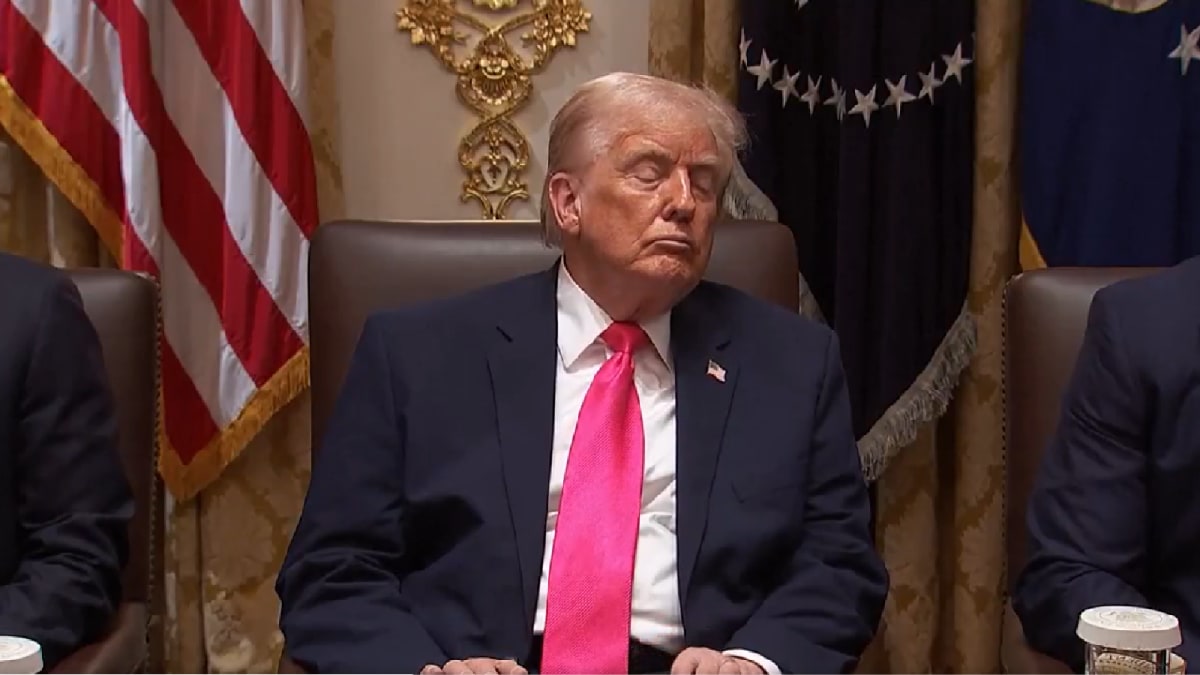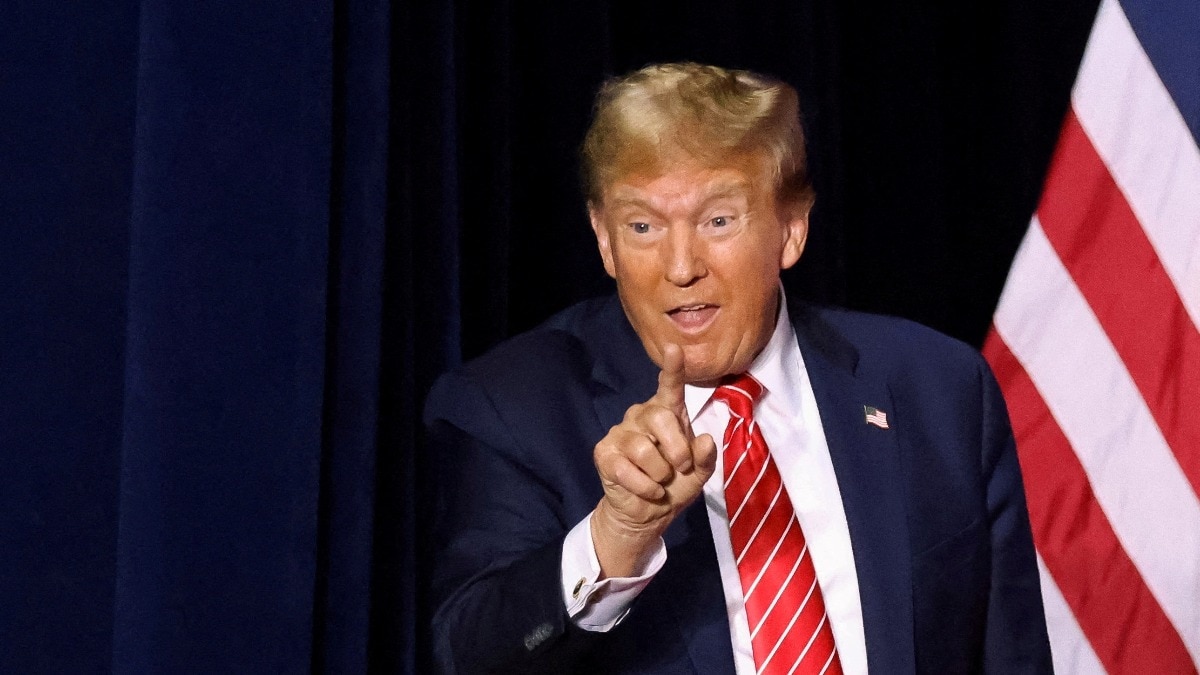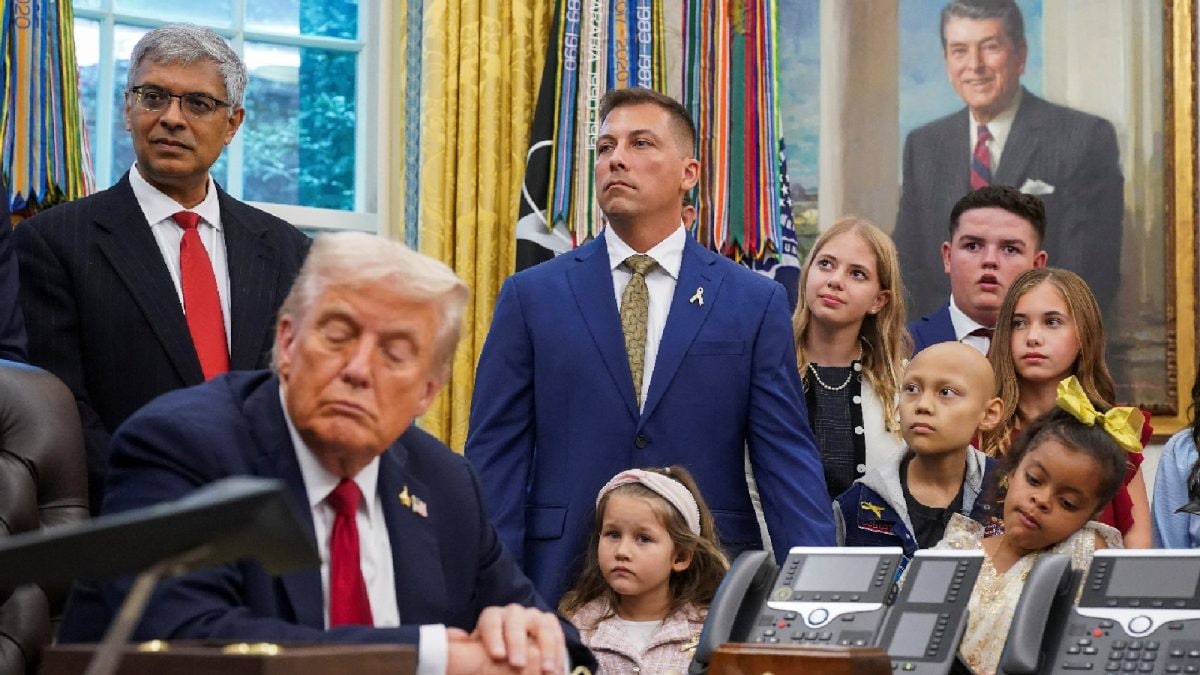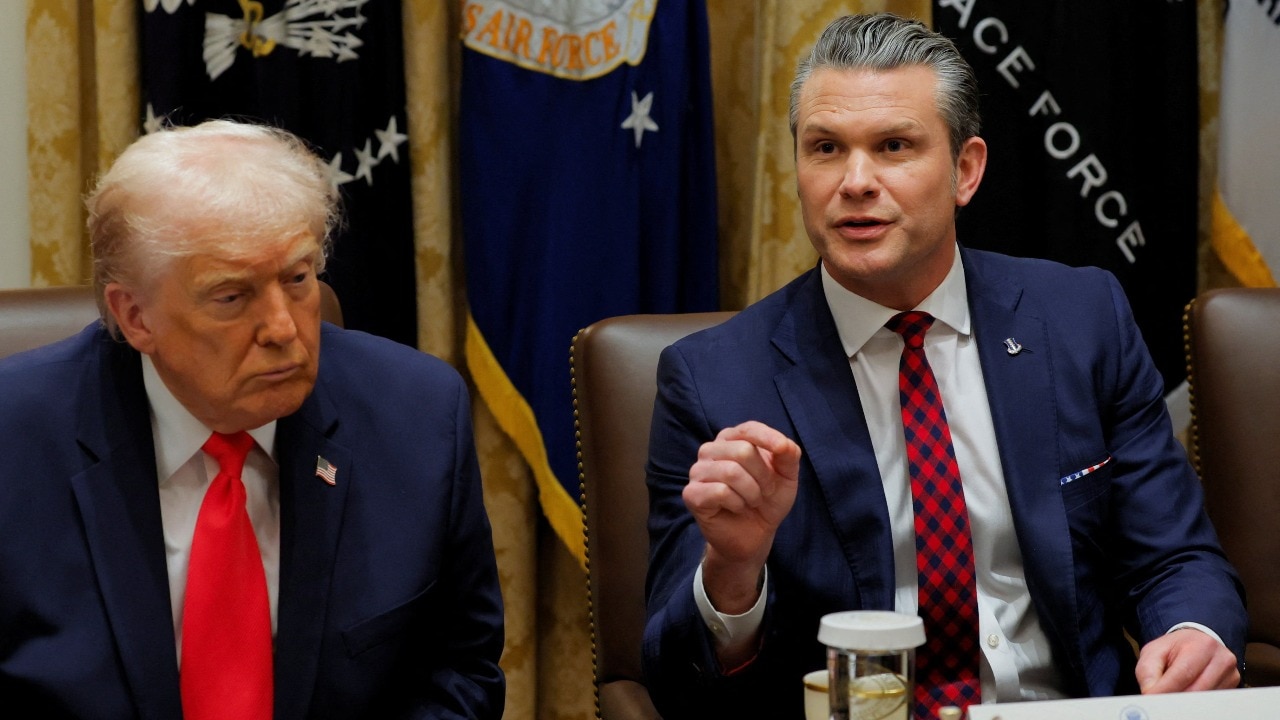Hermer says, if spy case had gone to trial, Badenoch's quote saying China not a foe would have helped accused get off
Mark Sedwill, the former cabinet secretary and former national security adviser, goes next. He is now a peer, and a member of the committee.
He says the deputy national security adviser, Matthew Collins, thought there was enough evidence for the case to go ahead. But the CPS did not agree. Who was right?
Hermer says the jury would have to have been convinced that China was an enemy.
And the problem in this case was that the government was not neutral on whether China was an enemy. “The government’s position was that it was not,” he says.
He says, if the case had gone to court, the defence would have quoted ministers in office at the time saying China was not an enemy. He quotes examples of James Cleverly, the former foreign secretary, and Kemi Badenoch, the former business secretary who is now Tory leader, as saying that.
Badenoch said, when she was in cabinet, that China should not be called a foe.
Key events Show key events only Please turn on JavaScript to use this feature
Sarah Champion, the Labour chair of the international development committee, asks if the CPS could have brought other charges.
Hermer says those are really questions for the CPS. Prosecutors normally bring the strongest charges.
Q: Is it unusual not to have a backup plan for charges that could be brought?
It depends on the case, Hermer says.
Mike Martin (Lib Dem) goes next. He asks if it would have been better to get, say, a former head of MI5 or MI6 to give evidence about China being a national security threat, not the deputy national security adviser.
Hermer says he thinks Matthew Collins, the deputy national security adviser (DNSA), was an appropriate witness.
Hermer says, if spy case had gone to trial, Badenoch's quote saying China not a foe would have helped accused get off
Mark Sedwill, the former cabinet secretary and former national security adviser, goes next. He is now a peer, and a member of the committee.
He says the deputy national security adviser, Matthew Collins, thought there was enough evidence for the case to go ahead. But the CPS did not agree. Who was right?
Hermer says the jury would have to have been convinced that China was an enemy.
And the problem in this case was that the government was not neutral on whether China was an enemy. “The government’s position was that it was not,” he says.
He says, if the case had gone to court, the defence would have quoted ministers in office at the time saying China was not an enemy. He quotes examples of James Cleverly, the former foreign secretary, and Kemi Badenoch, the former business secretary who is now Tory leader, as saying that.
Badenoch said, when she was in cabinet, that China should not be called a foe.
Hermer says China spy prosecutions would have gone ahead if Security Act had been passed ealier
Hermer says the Official Secrets Act was a “very significant” with this prosecution.
It was passed in 1911, and at the time there were concerns that it did not get enough parliamentary scrutiny. He goes on:
In 2017, the Law Commission flagged that the term enemy [in the legislation] was deeply problematic and it would give rise to difficulties in future prosecutions.
And I think what has played out, during this prosecution exemplifies and highlights the difficulties with that.
That is why Parliament was right to pass the Security Act for 2023. It takes away the problems that were faced by the CPS in this case.
If the NSA had been in case when the offences were committed, this prosecution would have gone ahead, he says.
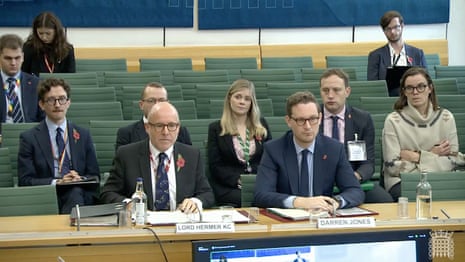
Lord Hermer says, once China prosecution originally approved, attorney general had no further role in CPS decisions
Matt Western, the committee chair, opens the questioning.
Q: How should this prosecution have been handled differently?
Lord Hermer says he will explain the context.
Prosecutors are governed by a code, and if they want to prosecute, the decision must pass the evidential test (there must be a reasonable chance of success) and it must pass a public interest test too.
He says those tests are for prosecutors.
With some offences, the attorney general (AG) must apply those tests too.
That happened in this case, he says. A previous AG approved this prosecution.
And that was the end of the law officers’ involvment, he says. He says politicians do not get involved in prosecutions.
He says a framework agreement betweent he AG’s office and the CPS confirmed that.
The framework says the AG must be notified if a prosecution approved by the AG is going to be dropped.
If it is being dropped on public interest grounds, the AG must be consulted.
But if it is being dropped on evidential grounds, the AG is just informed, after the decision has been taken.
The government has published three witness statements submitted by the DNSA: the first from December 2023, the second from February 2025 (but dated 2024 by mistake) and the third from August 2025.
Parkinson and Wormald have both sent letters to the committee responding to their questions. Those letters, and others submitted as part of this inquiry, are here.
There is a live feed of the committee hearing here.
Lord Hermer, attorney general, gives evidence to committee on China spy case
Lord Hermer, the attorney general, is about to start giving evidence to the joint committee on the national security strategy about the China spy case. Darren Jones, the Cabinet Office minister, is also appearing.
Government suffers 5 defeats in Lords as 'ping pong' starts over employment rights bill
Peers have maintained their stand-off with the government over proposed workers’ rights reforms, including again rejecting giving new workers’ “day one” protection against unfair dismissal, PA Media reports. This was one of five defeats the government suffered on the bill in the Lords last night. PA says:
The House of Lords inflicted a further heavy defeat on the government in backing by 301 votes to 153, majority 148, a Tory measure which would instead reduce the existing qualifying period for the workplace safeguard from two years to six months.
The insistence by the unelected chamber on overturning a Labour election pledge in defiance of the Commons means a continuation of the parliamentary tussle over the employment rights bill known as “ping-pong”, when legislation is batted between the two Houses until agreement is reached.
Conservative shadow business minister Lord Sharpe of Epsom said: “Making unfair dismissal a day one right will inhibit hiring.”
Independent crossbencher Lord Vaux of Harrowden said: “The introduction of day one unfair dismissal rights is the most damaging element in this bill, in my opinion.”
He added: “Uniquely among the employment rights changes in the bill, there is little or no evidence that there is really a problem to solve or harm to be prevented here, but very real harms will arise as a result of this policy.
“The ability to claim unfair dismissal from day one will make it more difficult for employers to take a risk on new employees.”
However, former head of the Trades Union Congress and Labour peer Frances O’Grady said: “Under the employment rights bill, employers can still dismiss workers fairly – for example, as they can now if they are incompetent or there is misconduct or a redundancy situation.
“But without the day one protection proposed by the government, when workers move to a new job, they would continue to bear the risk that they can be sacked at whim.”
She added: “I am very conscious of the employer lobby that has mobilised in support of this amendment.
“But when I look back on employers’ opposition to the national minimum wage, to equal pay for women and to stronger health and safety rights, it is clear that business lobbies do not always know what is best for Britain.
“Labour’s manifesto commitment is clear – to deliver day-one rights in full.”
Deputy leader of the Lords and government minister Lord Collins of Highbury said: “We will consult fully with business groups, trade unions, employers, employees and civil society on how to put our plans into practice before legislation comes into effect, adopting a very sensible approach of proper consultation.”
The Labour front bench went on to suffer a further setback as the Lords pressed their demand to retain the 50% turnout threshold for an industrial action ballot of trade union members to be valid, backing the move by 240 votes to 143, majority 97.
Peers also again backed removing a provision in the bill to automatically sign up new trade union members to pay a political levy, voting by 249 to 142, majority 107, against the change.
The measure would overturn a cross-party compromise reached during the passage of previous legislation, requiring active opt-in to making contributions.
Trade unions can assist political parties and candidates through their political funds, with some of the largest organisations including Unite, Unison and GMB making donations to Labour campaigns.
As originally drafted, it would mean new members would routinely become contributors to the union’s political fund unless they give notice of their wish to opt out.
A planned crackdown on zero-hour contracts in the workplace was also delivered a further blow as the upper chamber supported by 302 votes to 159, majority 143, a Liberal Democrat provision to allow flexibility in the legal requirement for an employer to offer guaranteed hours, with employees able to refuse the arrangement.
Measures aimed at safeguarding seasonal work under the legislation, were again backed in the Lords by 267 votes to 153, majority 114.
The changes made by peers will now be sent back for further consideration by the elected chamber.
The bill has gone through the Commons and the Lords, and MPs have already one removed amendments to the bill passed by peers. Last night was the first chance peers had to put them back in. This process is called “ping pong”, and it will continue until the two sides agree. Almost always it ends with the Lords backing down.
The migrant who re-entered the UK after being deported under the returns deal with France is still in the country, Alex Norris, the border security minister, said this morning.
Norris was doing an interview round this morning. Asked about the migrant who returned from France, he said:
He’s wasting a lot of his own time. He’s come through, he was detected immediately at the front door, he was detained, and he will be removed from this country. He hasn’t gone yet but he will be removed.
Asked whether the case suggested the returns deal was not fit for purpose, Norris replied:
No, not at all.
The reality is people are always going to test your front door, test your boundaries. This person’s done that, and totally wasted their time in doing so.
Boris Johnson approved China’s London super-embassy proposal in 2018
Will Kemi Badenoch raise the China spy case again at PMQs? This story by Eleni Courea may make her think twice.
In the Times Geraldine Scott also has a story, based on Freedom of Information disclosures, saying Badenoch “sent a delegation of senior officials to China during her tenure as business secretary, documents have revealed, despite claims she kept the country at arm’s length over security fears”.
Shabana Mahmood says Home Office not ready for all challenges, as it says illegal working arrests at record level
Good morning. The Home Office is under fire from government critics almost constantly at the moment, but this morning it is publicising what, by the department’s standards, counts as rare good news; it says arrests for illegal working have reached their highest level since records began.
Here is the PA Media write-up.
Immigration enforcement visits have reached their highest level since comparable data began in 2011, data shows.
Some 21,858 visits were recorded in the 12 months to September this year, according to Home Office figures.
This is up 38% from 15,894 in the previous 12-month period, and an increase of 56% on 13,990 visits that were carried out in the same period up to September 2012.
A previous peak of 20,989 was hit in the year to September 2015.
Enforcement visits from officers can be to businesses or home addresses to check on someone’s status, or on illegal working or other immigration crimes.
It comes as further figures show visits for illegal working totalled 11,052 up to September, a rise of 51% on the previous 12 months when 7,343 were carried out.
The drive comes as ministers are seeking to crack down on illegal working in the UK, as part of efforts to deter those coming to the country illegally.
Immigration enforcement was handed £5m to arrest, detain and remove migrants working illegally at sites such as takeaways, beauty salons and car washes.
Elsewhere, data shows there were 8,232 arrests of illegal workers in the year to September, up 63% on 5,043 in the previous 12 months.
But, in rather confusing messaging, Shabana Mahmood, the home secretary has also given an interview to the BBC where she confirmed that her department is still not functioning properly. In 2006 John Reid, another Labour cabinet minister appointed home secretary on the assumption that he would be more hardline than his predecessor, famously said the department was “not fit for purpose”. Almost 20 years on, the description still applies, Mahmood said.
She told the BBC:
I’ve already said the Home Office is not yet fit for purpose …
The most recent report [written by Tory MP Nick Timothy] was very familiar to me in the sense of what I’ve seen just in the few weeks I’ve been in this job. It’s obviously a department that has a range of problems, whether that’s procuring contracts, whether that is holding on to senior staff, it obviously deals with emergency and crises issues on a regular basis, and I think over a long period of time has been found not to be able to rise to the scale of the challenge of those crises.
Mahmood was referring to this report by Timothy, an adviser to Theresa May when she was home secretary, and her response to it.
Here is the agenda for the day.
9.45am: Lord Hermer, the attorney general, and Darren Jones, the Cabinet Office minister, give evidene to the joint committee on national security strategy on the China spy prosecution that collapsed.
10am: The Reform UK Lee Anderson and Zia Yusuf, the party’s head of policy, speak at a press conference. It is the third press conference the party has held this week.
10.45am: John Swinney, Scotland’s first minister, speaks at the IPPR Scotland conference. Anas Sarwar, the Scottish Labour leader, is speaking at 12.30pm.
Noon: Keir Starmer faces Kemi Badenoch at PMQs.
After 12.30pm: Nigel Farage, the Reform UK leader, is using the 10-minute rule procedure to propose a bill to take the UK out of the European convention on human rights. Another MP is likely to give a speech opposing the bill, and there is likely to be a vote.
If you want to contact me, please post a message below the line when comments are open (normally between 10am and 3pm BST at the moment), or message me on social media. I can’t read all the messages BTL, but if you put “Andrew” in a message aimed at me, I am more likely to see it because I search for posts containing that word.
If you want to flag something up urgently, it is best to use social media. You can reach me on Bluesky at @andrewsparrowgdn.bsky.social. The Guardian has given up posting from its official accounts on X, but individual Guardian journalists are there, I still have my account, and if you message me there at @AndrewSparrow, I will see it and respond if necessary.
I find it very helpful when readers point out mistakes, even minor typos. No error is too small to correct. And I find your questions very interesting too. I can’t promise to reply to them all, but I will try to reply to as many as I can, either BTL or sometimes in the blog.

 1 month ago
1 month ago



